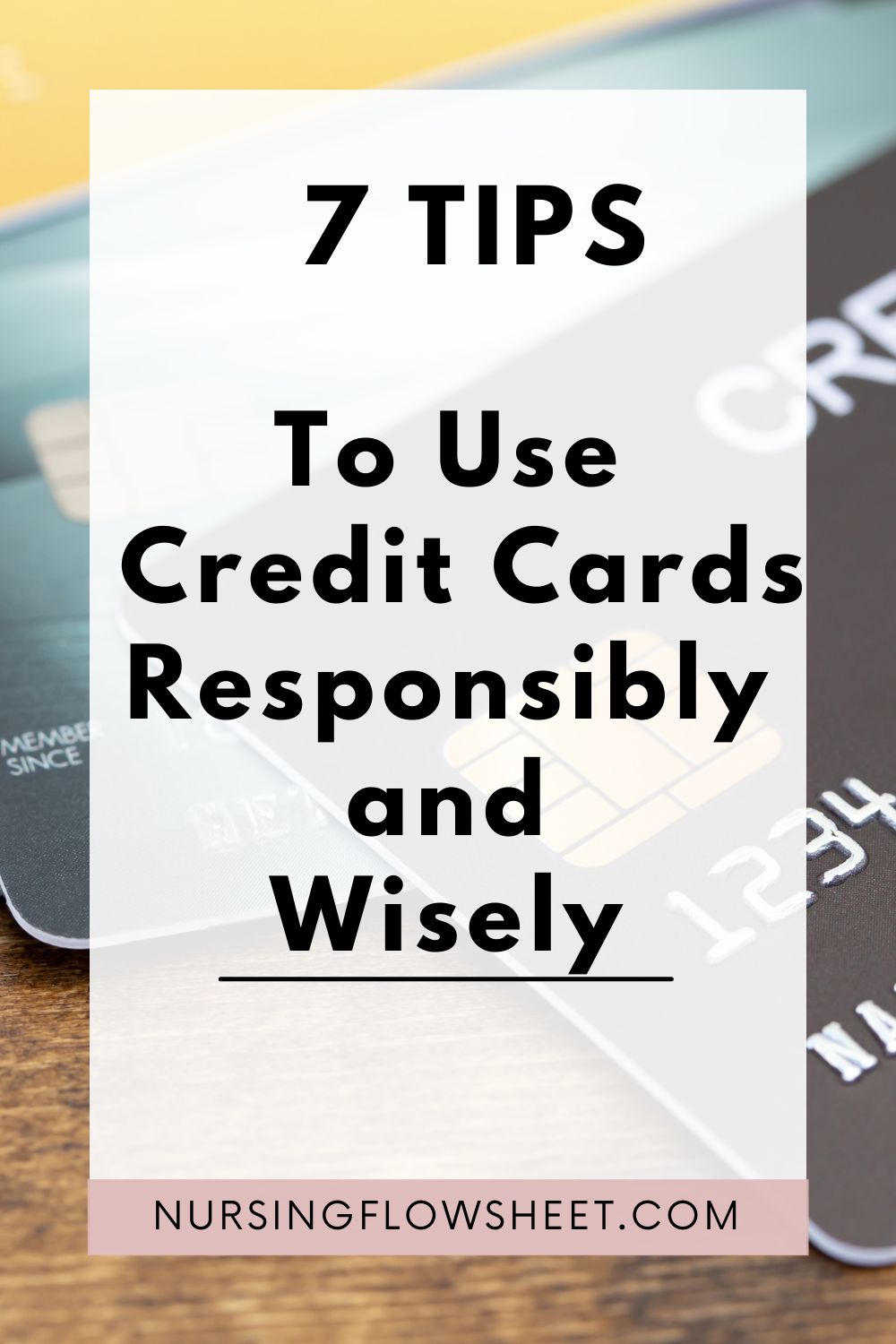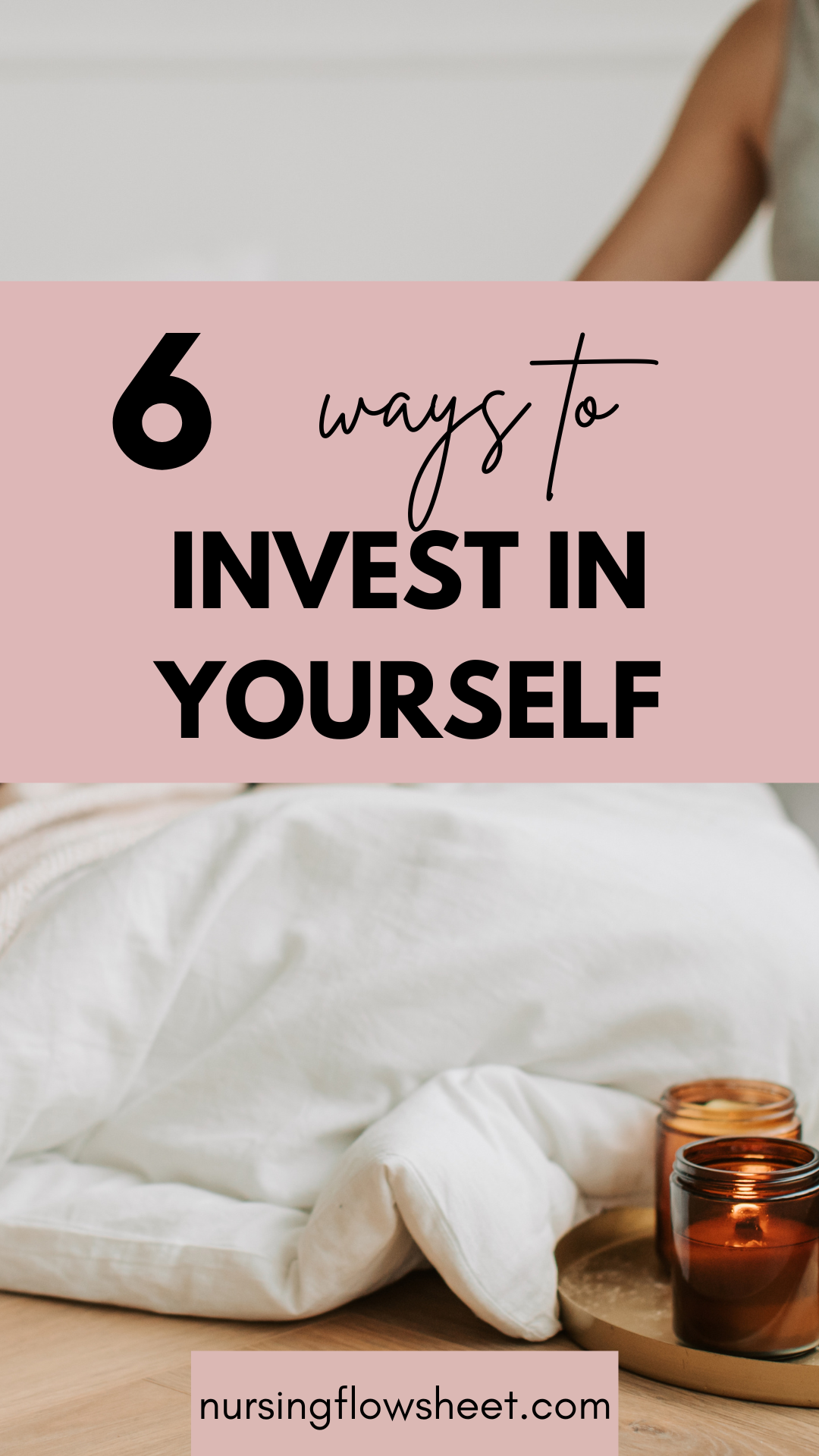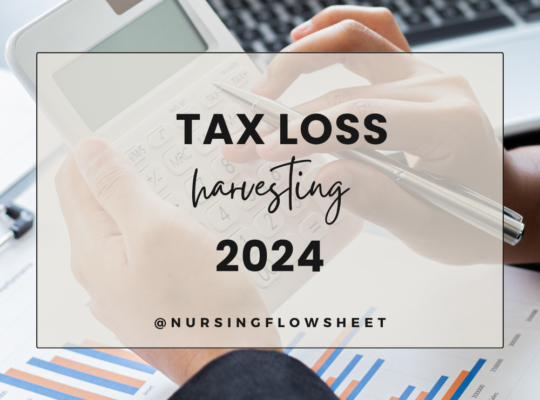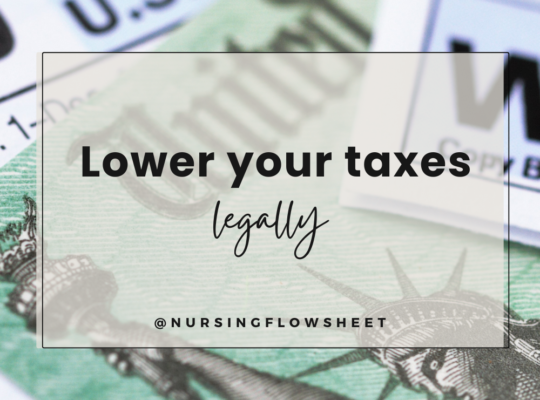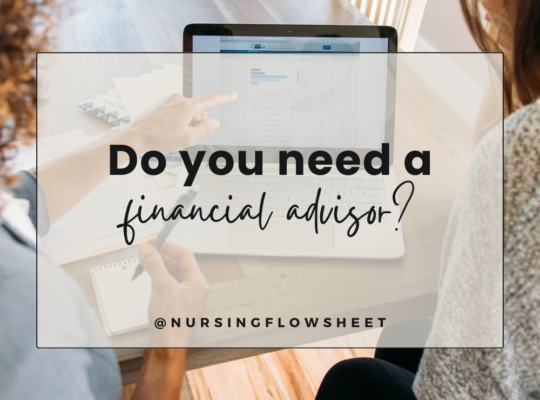Credit cards have such a bad rep. Thanks Dave Rams*y! However, when used the right way (responsibly), it can improve your finances. I wasn’t into getting a lot of credit cards before until my husband got into the whole travel hacks/ credit card points.
We started opening up cards to get free travel perks like a hotel night stay, free airline tickets and more.
Credit cards also help you build your credit score which is essential to getting loans for house, car etc and also locking in lower interest rates.
READ: What affects your credit score
However, according to an article at CNBC, On average, Americans carry $6,194 in credit card debt, according to the 2019 Experian Consumer Credit Review.
That’s a LOT considering a lot of Americans don’t even have $1000 of emergency funds.
So, here are 10 tips so you can use your credit cards responsibly and wisely!
1. Never miss a payment
This sounds pretty straight forward and easy, but a lot of people mess this up. If your missed payment goes beyond 30 days, you could potentially be looking at a credit score drop of 100 points!
2. Avoid Annual Fees
Most credit cards have no annual fees and if you’re going to get a card with an annual fee, make sure that you’ve calculated that it’s worth paying it for the benefits of the card. Most of my cards have NO fees except for my travel cards which I use for travel points. I will talk more about it later.
3. If You Are Going to Open a Card, Look for Sign On Bonuses
You may be able have a sign on bonus if you have an excellent credit. I got $1700 worth of bonus points from signing up with AMEX PLATINUM CARD. I use this card all the time because my family and I travel 2-5x a year (less now because of the pandemic). That is FREE MONEY! There’s a catch though. To receive that “free” money, you must charge at least a certain amount in purchases – anywhere from $500 to $3,000, for example – over a specific period such as the first 90 days.
This strategy may back and bite you if you’re not careful. If you have a big purchase coming up, then this is a good way to get that FREE MONEY.
Tip: Unless you’re highly disciplined and know that you can pay off the statement balance each month, go for a card with a smaller sign-up bonus – $150 or $200, for example – that requires a smaller amount in purchases such as $500 over the first three months.
4. Always pay more than minimum or in FULL
If you’re not able to pay the full amount of your card, try to pay a little over the minimum as you can. Paying just the minimum will keep you in debt for years.
Paying off the entire statement balance by the payment due date also has additional advantages. You’ll have an account with a good payment history on your credit report, and payment history accounts for around 35% of your credit score. Plus, paying the balance off each month keeps you from getting into trouble by taking on too much credit card debt.
5. Limit Opening Cards in a Short Time Frame
Have you ever gone to the shopping store like TJ MAxx and and this sweet lady offers you 20% ONLY if you open a new credit card? How tempting right?
But don’t fall for it! It can be very enticing to sign up for hundreds of cards that all have perks or discounts for you. But having too many credit card accounts can also hurt your credit score. Not to mention it may be too tempting to use them all. Every time you apply for a card, you can take a little ding to your credit score.
6. Keep an eye on Interest Rate and Credit Limits
The worst thing about credit cards is the interest rates and how we often overlook them. Be careful when you transfer balances to a card with introductory 0% APR. Most often times, when the offer ends, the new APR jumps to a much higher interest rate!
Also, keep an eye on credit limits. If you go over your credit card limit, you may be charged with a fee! THERES A FEE FOR EVERYTHING! The tip is to always keep your balance under 50% of your limit. So if your credit card limit is $2,000… then you always want to make sure your balance stays under $1,000.
7. Don’t Buy it if You Cant Afford It
The most important principle when purchasing with a credit card is not buying something you can’t afford. If you find yourself using credit cards because you feel like you have no other way to pay for things, it’s time you sat down and started a budget. Learn how to live within your means!
Related post: Budgeting for Beginners
In conclusion,
Knowing how to use your credit cards responsibly and wisely can mean the difference between a life of debt and a life of financial freedom.
The smartest way you can use a credit card is to establish and build good to excellent credit.

